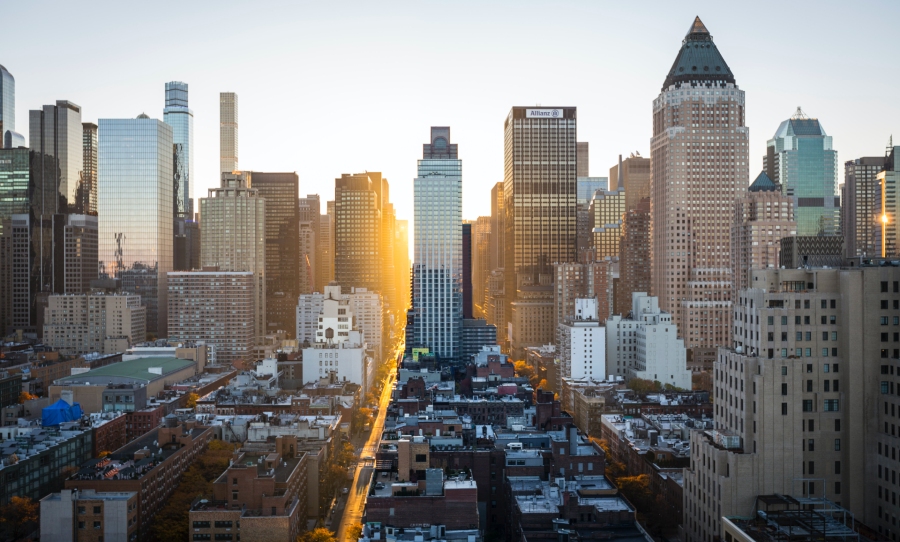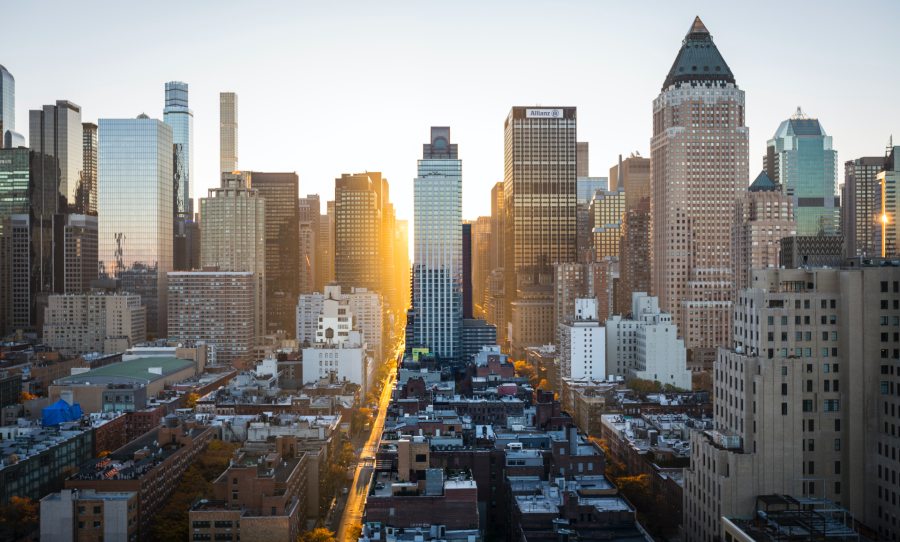As we begin to relax coronavirus lockdown restrictions, there are two very pressing issues to confront. Firstly, the likelihood of a second wave of the virus, leading to another shutdown across the nation. But even more startlingly, we are faced with a sudden increase in emissions as we return to life before the pandemic.
It’s a stark reminder that the planet still faces dangerous changes in the climate as greenhouse emissions reach an all-time high since restrictions were put in place.

As life gradually settles back to normal, an increase in traffic has already seen emission rates take a quick spike.
And with people reportedly avoiding public transport for fear of contracting the virus, there are concerns that we will see even more people choosing to drive than before the pandemic. We saw incredible improvements in the environment during lockdown, as forced restrictions meant people were isolated or rarely using vehicles or public transport. Studies stated that in early April, daily fossil fuel emissions globally were approximately 17 percent lower than they were in 2019. And busy cities in America and Europe saw a 50 per cent decrease in traffic throughout the lockdown.
But just as quickly, we seem to have returned to worrying levels of emissions in the atmosphere. Reports show that as of June, we are just five percent below the 2019 average, despite months of low vehicle and flight activity.
Nevertheless, the consumption of oil, gas, and coal is overall at an all-time low, so scientists suspect that the world will see fossil-fuel emissions lowered by four to seven per cent when compared to 2019.
“A 5 percent change in global emissions is enormous, we haven’t seen a drop like that since at least World War II,” states Rob Jackson, an earth scientist at Stanford and a co-author of the studies printing these statistics.
That is, if the predictions hold and we do see an overall decrease. Of course, it’s important to recognise that this isn’t guaranteed and we need to continue to find ways to preserve and protect our planet for the future.



